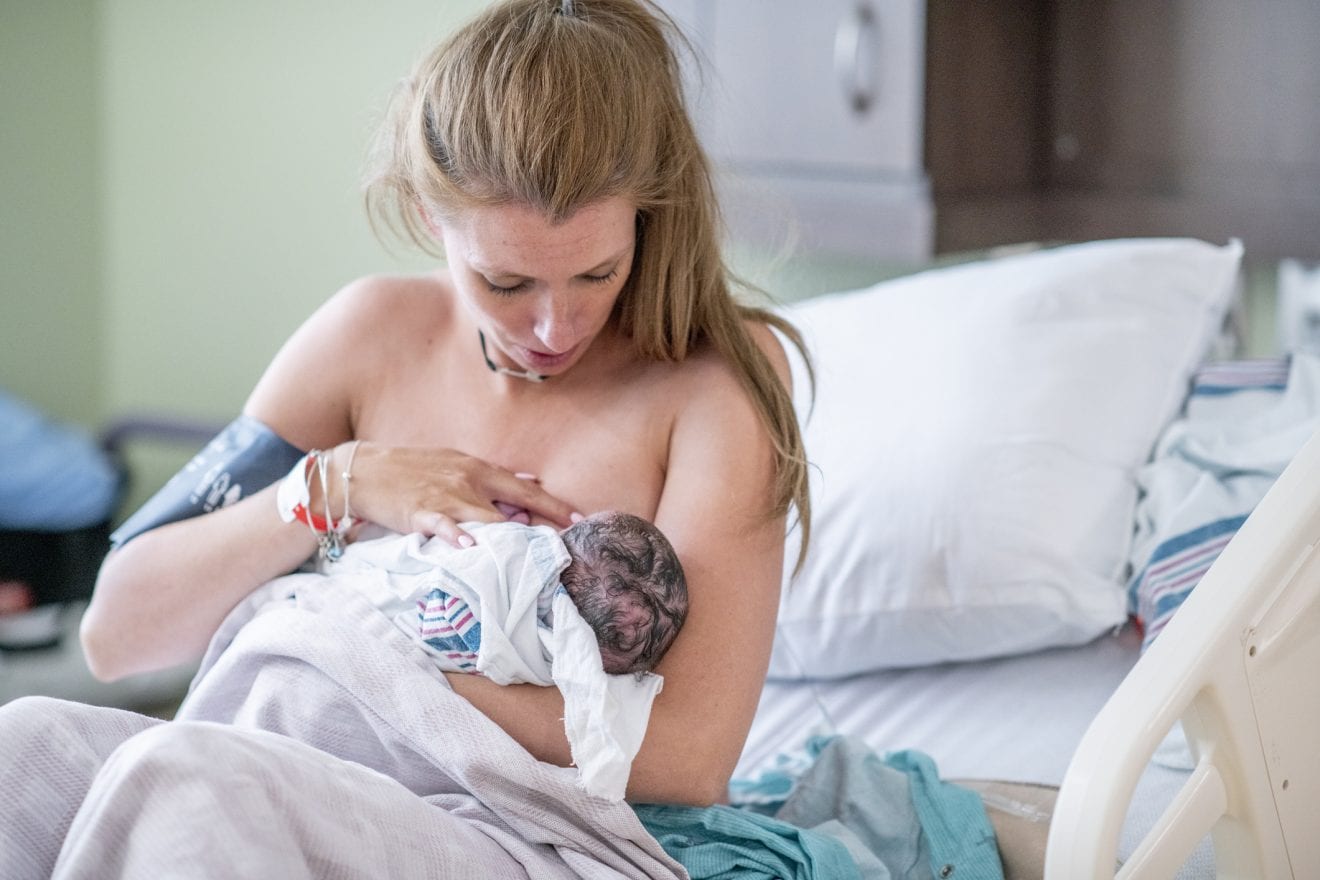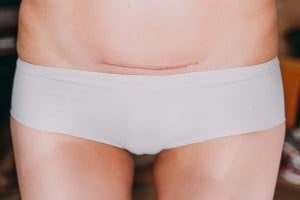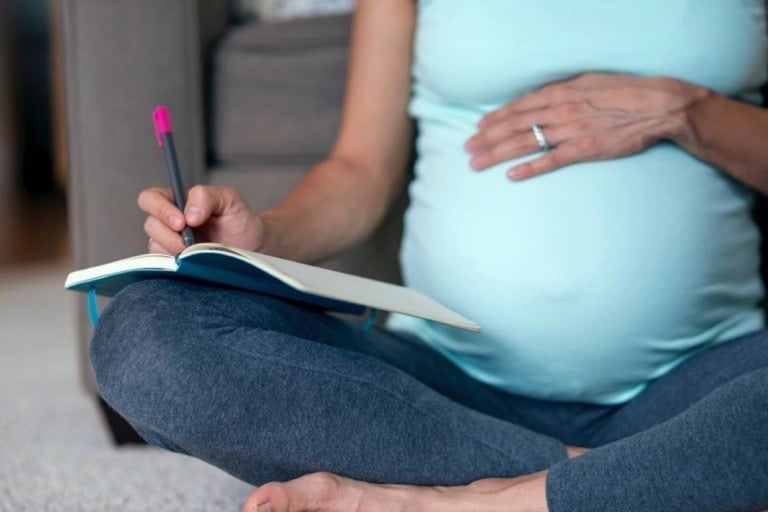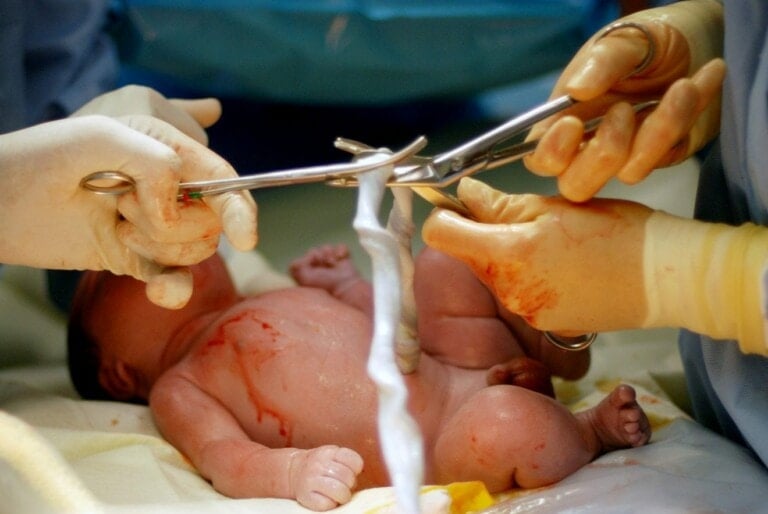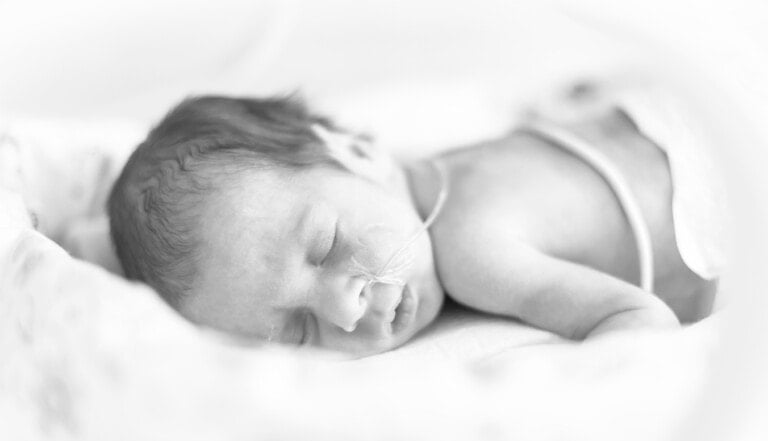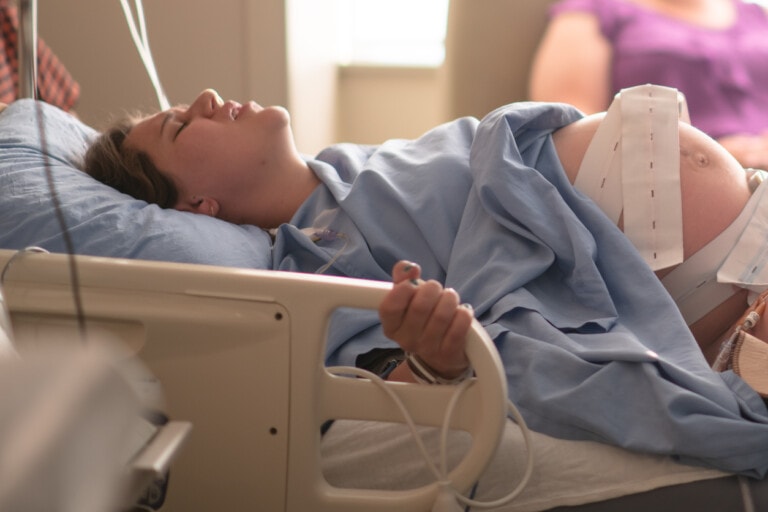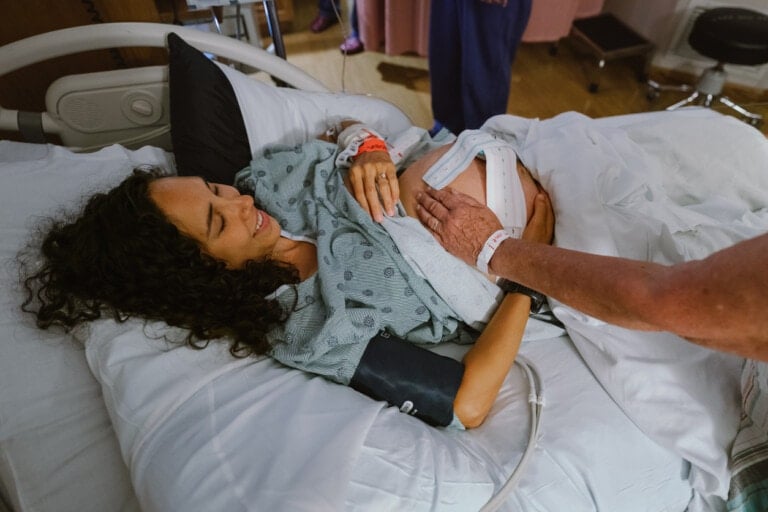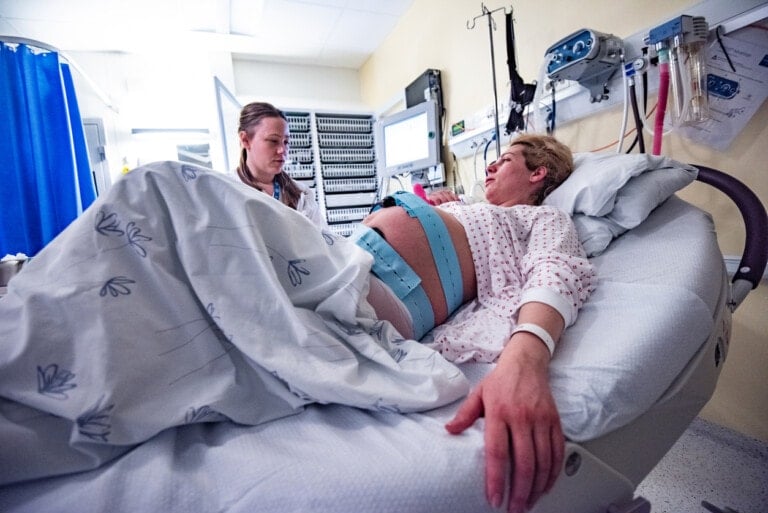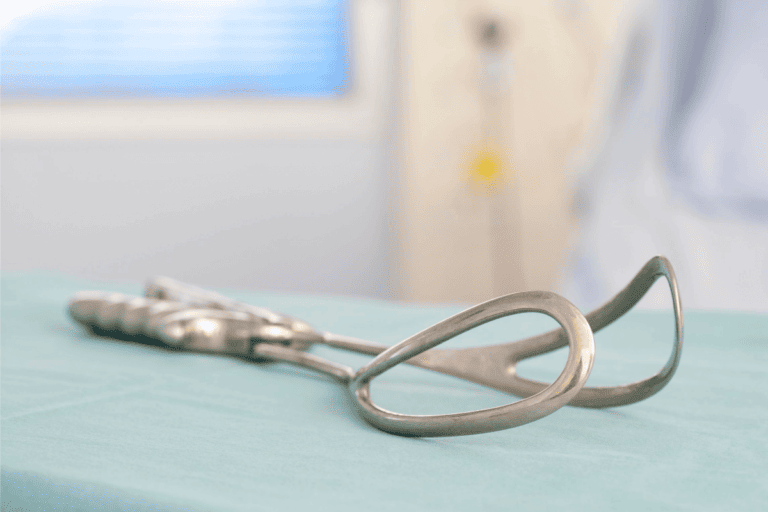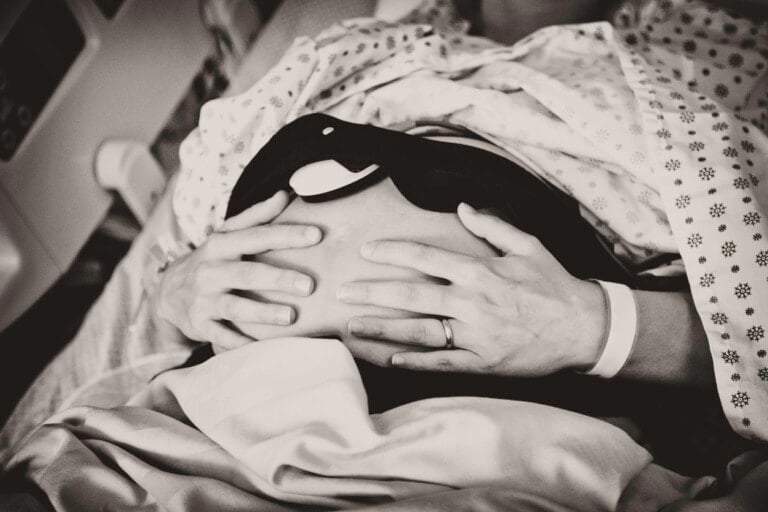I ran a half-marathon before I had children. Sure, it was exhilarating to cross the finish line after 13.1 straight miles of hitting the pavement. I had spent countless hours of cardio and weight training in the months prior. I was happy, exhausted, and even delirious upon finishing the marathon (my husband has the funny-looking pictures of me wearing a pink t-shirt and fist-pumping the air like a wild woman to prove it). But I am here to tell you that giving birth to my kids was much harder than running a marathon!
I needed a few days, maybe an entire week, to recover my body from the race. But the postpartum recovery I’ve endured since giving birth to my two daughters, who are 17 months apart, has been the real athletic feat.
I’ve had to be patient with my body as I rebuild the strength in my pelvic floor and deal with bladder inconstancy (re: I pee when I cough, sneeze, or laugh at my husband’s jokes). So I was thrilled when I read the scientific community echoing what I already knew to be true: giving birth is harder than running a marathon. You bet it is!
Giving Birth Is Harder Than Running a Marathon
Recent research in 2015 from the University of Michigan concluded that “childbirth is arguably one of the most dramatic musculoskeletal (MSK) events the human body undergoes.” The research team used MRI imaging typically intended for athletic injuries to assess childbirth’s physical impact on women’s bodies. They found that of the women studied, a quarter sustained stress fractures to their bones similar to the injuries that long-distance runners and other extreme-sport athletes experience.1 Wowza!
Nearly half of the women studied had pelvic muscle tears, and two-thirds suffered a severe muscle strain. The mothers in the study were already at high risk for pelvic muscle tears, but researchers say that it’s expected that up to 15 percent of all women will suffer some sort of injury during childbirth.2
While every mom doesn’t need an MRI, if you are postpartum and feel like something just isn’t right, it may be time to set up an appointment with a specialist. Think of it like this: you are an athlete and may need some assistance in your recovery. Plain and simple, your body has undergone the same injuries that professional athletes experience! Don’t be ashamed to seek out a specialist to help you recover if you need. Meanwhile, here are some tips for speeding your recovery at home:
Cesarean Birth: Recovery Tips
- Be very careful when moving around. Avoid twisting movements. And avoid using your abdominal muscles to get in and out of bed.
- When coughing, sneezing, or laughing, support your abdominal muscles by drawing them in. Or use a pillow or your hands to apply light pressure.
- It’s important to exercise, but gradually build up your activities. Accept help when it’s offered. Don’t lift anything heavier than your baby for 6-8 weeks.
- Start pelvic floor exercises after a week and continue them for several weeks postpartum.
Vaginal Birth: Recovery Tips
- Keep your perineal area clean and avoid sitting for long periods.
- Gently begin exercising the pelvic floor as soon as you can.
- Make sure you are passing urine often and drink plenty of water.
- Be sure not to eat constipating foods and try not to strain when having a bowel movement. If you’ve been prescribed laxatives, take them as necessary.
- Start exercising gradually with walking. Only return to high-impact exercise when you’re able to hold a pelvic floor contraction for more than 10 seconds.
You aren’t alone if you feel like your healing hasn’t been a quick process. The research team hopes that the study will encourage doctors to apply more specialized care to postpartum mothers instead of a one-size-fits-all approach to recovery. While my postpartum recovery process has been challenging at times, the reward for giving birth has been more than worthwhile. Instead of a medal around my neck, I now have two little girls who climb on me and remind me what the true prize in life is: my family.













